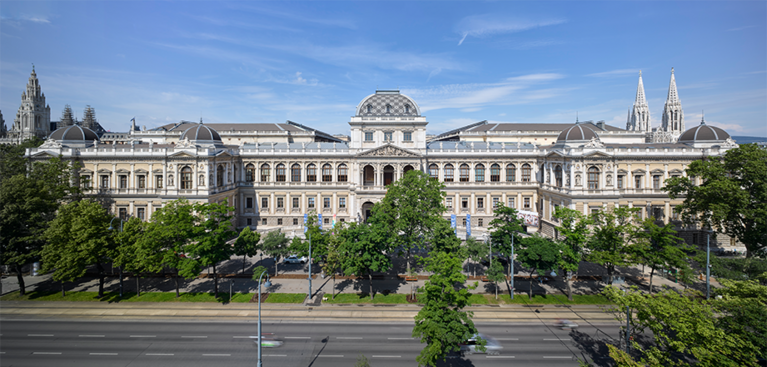Abstract submission
Abstract submission is closed.
Book of Abstracts
File size: 30 MB
Main topics
Nucleation Theory & Experiment: Studies of homogeneous, heterogeneous and ion induced nucleation including single or multicomponent system cluster formation and properties, condensation, and evaporation, and experimental, theoretical and computational investigations as well as history of nucleation research.
Tropospheric & Stratospheric Aerosols: Fundamental processes associated with tropospheric and stratospheric aerosols, especially related to global warming, acid rain, air quality and multi-phase chemistry. Studies into aerosol concentrations and distributions, variability and long term trends. Focus on composition, hygroscopicity, thermodynamics, phase changes, physico-chemical and optical properties.
Cloud Drop and Ice Nucleation: Fundamental processes related to droplet and ice-crystal activation, growth, cloud condensation nuclei and ice nuclei origin, composition, spatial and temporal distributions and loadings, experimental and theoretical studies.
Aerosol-Climate Interactions: Direct and indirect effects of atmospheric aerosols on radiative forcing and climate, remote sensing and regional to global scale climate modelling of aerosol impacts and feedback systems.
Special sessions
Global observations of aerosols, clouds and trace gases: longterm monitoring networks and research infrastructure
Abstracts related to large scale networks such as ACTRIS and DOE initiatives, including focus areas relevant to the conference topics (sub-10 nm instrument calibrations, calibration of mass spectrometers, aerosol/cloud in-situ measurements, ice nucleating particles), remote sensing (e.g., LIDAR/EarthCARE).
Solar radiation management by aerosols
Modeling and in-situ measurements of aerosols and new particle formation (NPF), baseline characterization, controlled release and dispersion dynamics, and radiative impact assessments for solar radiation management (SRM) across atmospheric and marine environments.
Young principal investigators: shaping the research of the future
The leaders of tomorrow in nucleation and atmospheric aerosols not only present finalized results but also project outlines and preliminaries of recently funded grants. This session gives an idea where our field is heading in the next decade.
Urban new particle formation
Theory and experiments addressing NPF in polluted environments, mitigation strategies for air pollution from SOA.
Instruments, chambers, facilities
Current developments related to aerosol measurement and process level understanding in experimental nucleation: from individual instruments to large enclosed environments.
CLOUD
Modeling and experimental findings from the CLOUD experiment, from chamber experiments to global process understanding, global observations motivating new process level experiments.
As usual for this conference series we are also planning a special issue which will be published in the open access journal Environmental Science: Atmospheres by the Royal Society of Chemistry. Please consider submission of your manuscripts by September 1, 2025.

















